Some U.S. carriers had issues with the Emergency Alert System test earlier this month
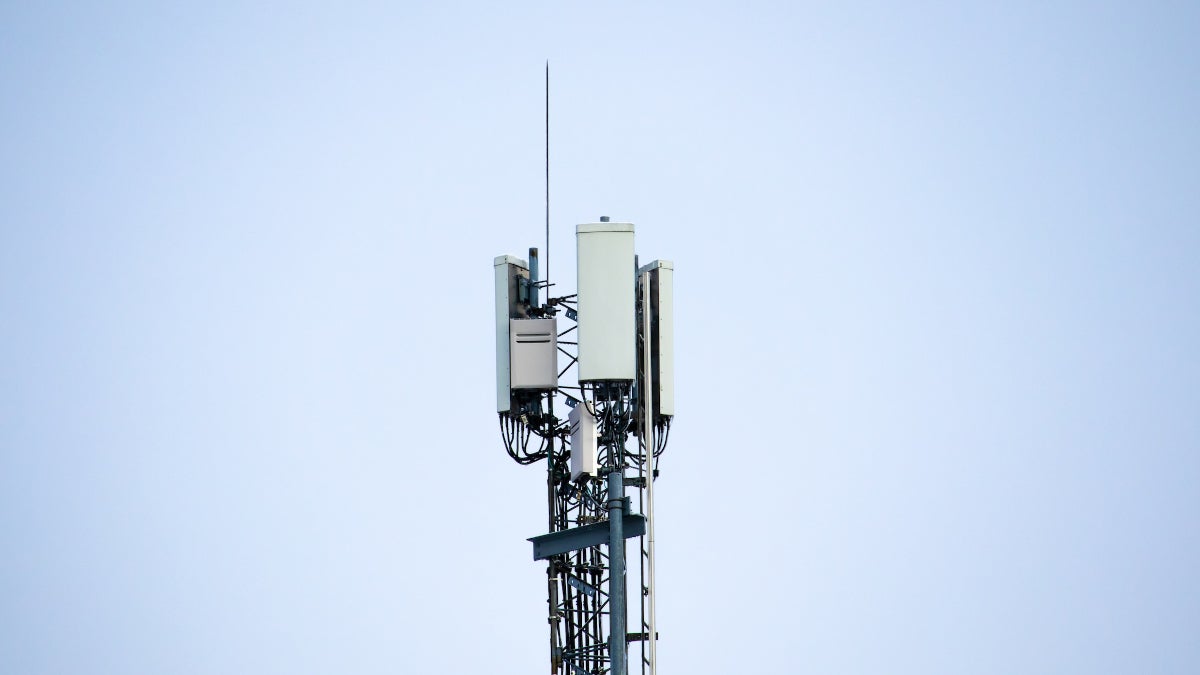
Remember that loud piercing noise that came out of your smartphone's speakers on October 4th? It was the government testing the National Wireless Alert System. You shouldn't have been surprised by it because we told you to expect it more than a month before the test took place. The jarring alert revealed the location of phones hidden by some inmates in prisons and also led to the discovery of smartphones in Amish communities. The Amish are not allowed to own a modern piece of technology such as a smartphone.
We assume that the inmates caught having a hidden phone ended up in trouble and possibly had their "stay" extended. Members of the Amish community who were hiding a phone ended up shunned, ignored, isolated, and ostracized. But the test also revealed a few other things that were discovered by wireless firms like AT&T, Dish Network, T-Mobile, and Verizon. The four wireless providers broadcast the national test to their customers.
AT&T had 1,000 employees take part in a voluntary survey about the testing of the nationwide alert
For the most part, the four wireless providers said that everything went as expected during the test except for some fiber cuts that delayed the receipt of the alert in some areas. The four also noted that some Android devices had some problems receiving the test. The carriers conducted their own reviews following the test. For example, AT&T had 1,000 employees participate in a voluntary survey to determine whether its subscribers received the test in a timely manner.
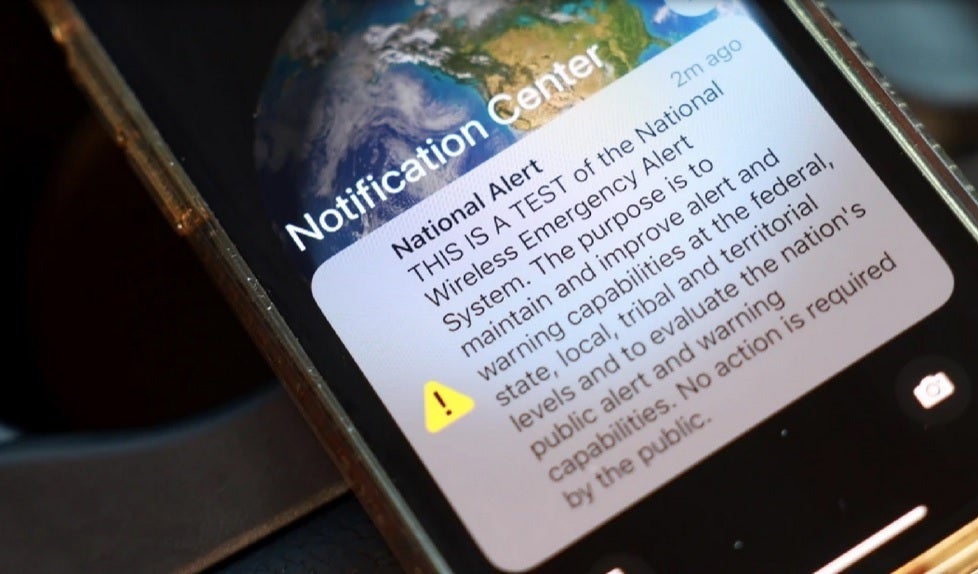
Carriers discovered some issues when the government ran its nationwide test alert on October 4th
Per LightReading, in a filing with the FCC, AT&T wrote, "Over 99.3% of the respondents received and reviewed the English version of the alert. 85% of respondents received and reviewed the alert within 1 minute or less. And 90% of respondents received and reviewed the alert within 3 minutes or less." A fiber cut in Texas did affect the connection to 30 cell sites.
As the carrier told the FCC, "Cell sites serving twelve cities ... in Texas were off-the-air during the initial transmission of the alert. Once restored, the alert would have been transmitted and those subscribers that didn't receive the alert from the surrounding area or other providers would have then received the alert. This may have impacted approximately 35,000 subscribers."
T-Mobile told the regulatory agency that it, "...observed an anomaly amongst subscribers utilizing certain handsets running the Android R (11) or newer Operating System (OS)." Dish said that it had some unnamed complications that stopped the alert from getting through to some phones. Dish added, "Just as the test intended, Dish discovered an issue, was able to implement certain improvements, and is actively working to re-test the system to confirm whether the solution is operational in advance of the next WEA transmission using the national alert code."
The FCC would like Congress to force the wireless carriers to carry the nationwide alerts
According to the FCC, the October 4th test was designed "to ensure that the systems continue to be effective means of warning the public about emergencies, particularly those on the national level." The agency said that it is working to improve the wireless portion of the system. It will also require the carriers to support the alert not only in English, but also in the 13 most commonly spoken languages and American Sign Language.
A nice feature that the FCC is requiring will force the carriers to include maps in Wireless Emergency Alert (WEA) messages that show the location of the alert recipient compared to the location where the emergency is taking place. FCC Chairwoman Jessica Rosenworcel said that while the WEA system remains voluntary for network operators, it should be mandatory.
Rosenworcel said, "These are important changes to the Wireless Emergency Alert system. These are the devices we have in our palms, pockets, and purses at all times. Every carrier and every device should be capable of receiving these warnings. This should not be voluntary. It's time to update the law," An update to the law that forces the wireless providers to carry the alerts would probably require congressional approval.
Follow us on Google News









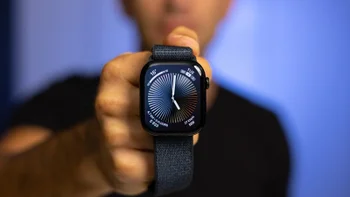
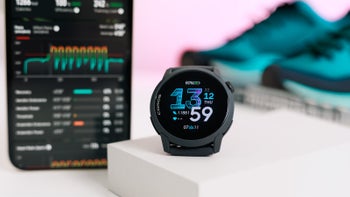
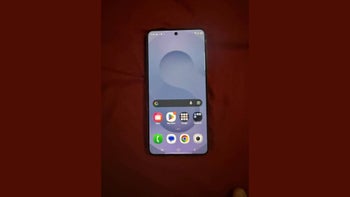
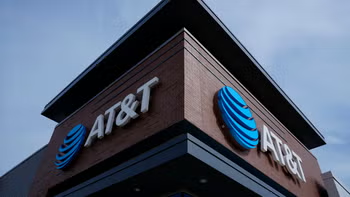
Things that are NOT allowed:
To help keep our community safe and free from spam, we apply temporary limits to newly created accounts: